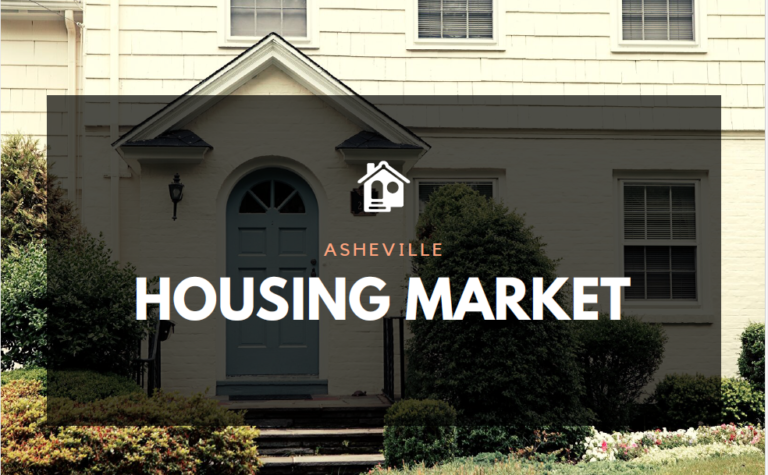The City of Asheville contracted a study to examine the housing market for the City of Asheville and Buncombe County. The study by Bowen National Research provides a high-level overview of the current market, including affordability issues, as well as areas of affordability that remain challenging for the region. The study points to many issues that City staff and Council are aware of and currently working towards a comprehensive improvement.
“While the data represents Buncombe County, we understand that within the city limits these issues exist and are often more challenging to those who currently live in the city and those who want to live in Asheville,” said Asheville Community Development Program Director Paul D’Angelo. “The City continues to look at solutions to address these issues and assist in the production, preservation and protection of affordable housing.”
Major issues highlighted in the report
Cost burdened: A total of 17,643 (46.1%) renter households are cost burdened (paying over 30% of their income towards housing costs) and 7,439 (19.4%) are severely cost burdened (paying over 50% of their income towards housing costs).
-
The City of Asheville is working to decrease the amount that residents spend on rent by partnering with developers to provide affordable housing. Currently in development is 360 Hilliard Ave. When complete, it will provide 34 affordable units available to families, and will remain affordable for 50 years.
The availability of homes for sale inventory: For individuals and families wishing to buy a home within Asheville, there simply is not enough housing stock. Currently, the available inventory of homes priced under $200,000 has diminished to just 63 units, down from 460 homes at these price points in 2014.
-
To help alleviate this issue, Asheville City Council approved a Disposition Policy, which outlines how developers can work with the city when developing affordable, mixed-income communities on City-owned land.
-
Another tool the City has made available is Down Payment Assistance. The DPA initiative makes a total of $1.4 million available to qualifying individuals and families to help them buy a home. The funding is a combination of $1 million in bond money and through public private partnership with the Federal Home Loan Bank ($400,000).
-
City staff are working diligently to develop partnerships with developers on infill land, which will allow borrowers to get into homes and build wealth. One example of this type of partnership is Cedar Hills. Cedar Hills is a designated 16 acres of property in West Asheville for a housing community that, when completed, will offer a mix of rental and home ownership options.
Skyrocketing rent: The Bowen report found that, since 2014, rent in Asheville has increased by 5.4% annually. For the average renter, this means if their rent was $1,000 in 2014, it is now $1,300. Higher rent means individuals and families have less disposable income for life’s necessities. The City is looking at additional partnerships outside of tax credit units where rent is tied to your income. An example is employing a land use incentive grant similar to 360 Hilliard Ave., where 20% of the units are reserved for individuals/families at 80% average median income (AMI) for 20 years.
Where to learn more
The full report is available at this link.
While there is a lot of work to be done, the report did have some good news and recognized that efforts made by the local government to encourage the development of affordable housing have increased the number of such units.
Community Development Staff is working to produce an annual report that discusses the strategies to assist in the development and support of affordable housing, as well as each year’s successes, in an effort to better communicate what the City of Asheville is doing to overcome this challenging community issue.
Also, Asheville Community Development Program Director Paul D’Angelo and Real Estate Program Director Nikki Reid are available to discuss the report with the media from 9:30 a.m. to noon Friday (Oct. 4). To schedule an interview, contact Communication Specialist Polly McDaniel at pmcdaniel@ashevillenc.gov or 828-774-7602.
